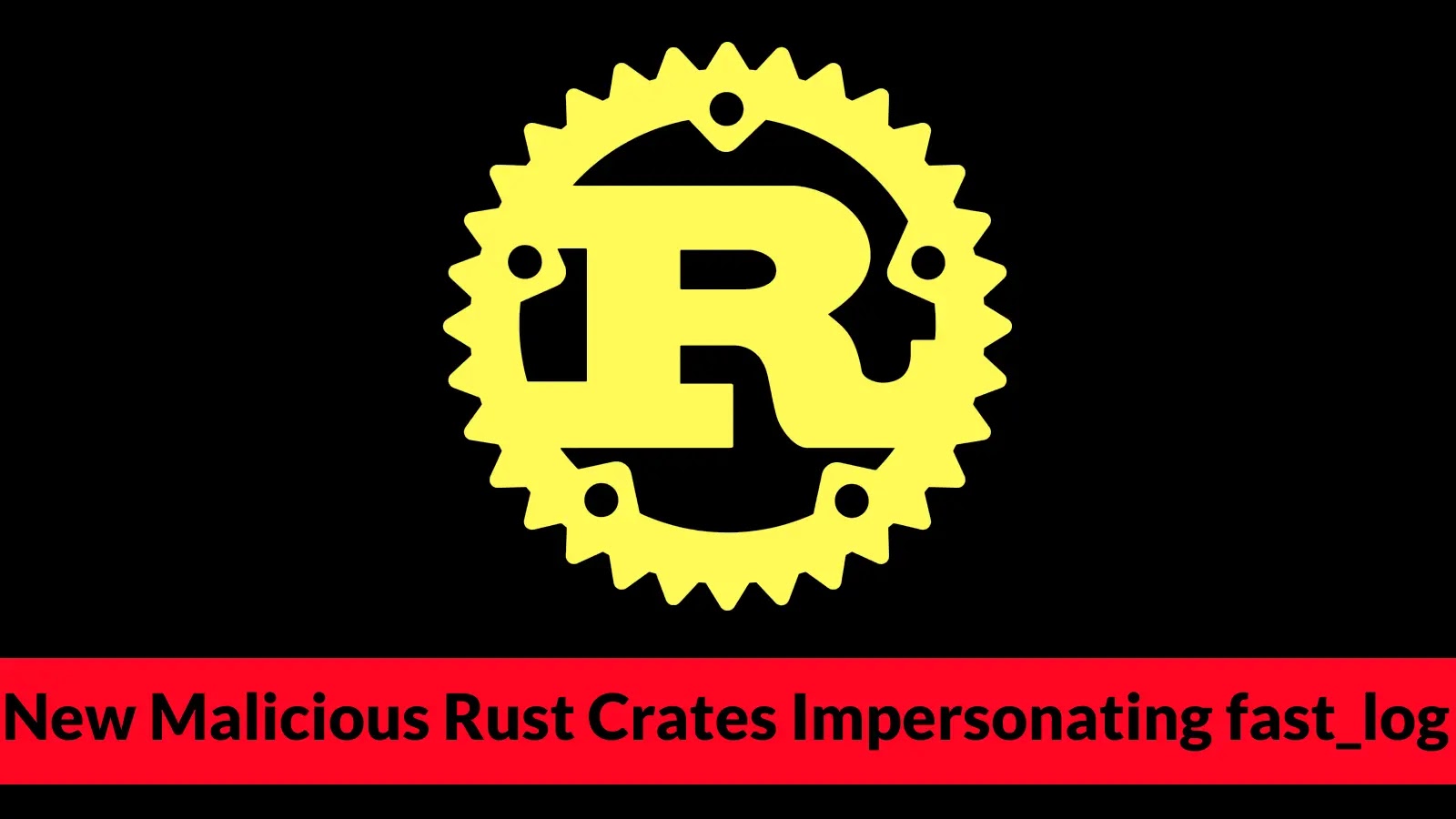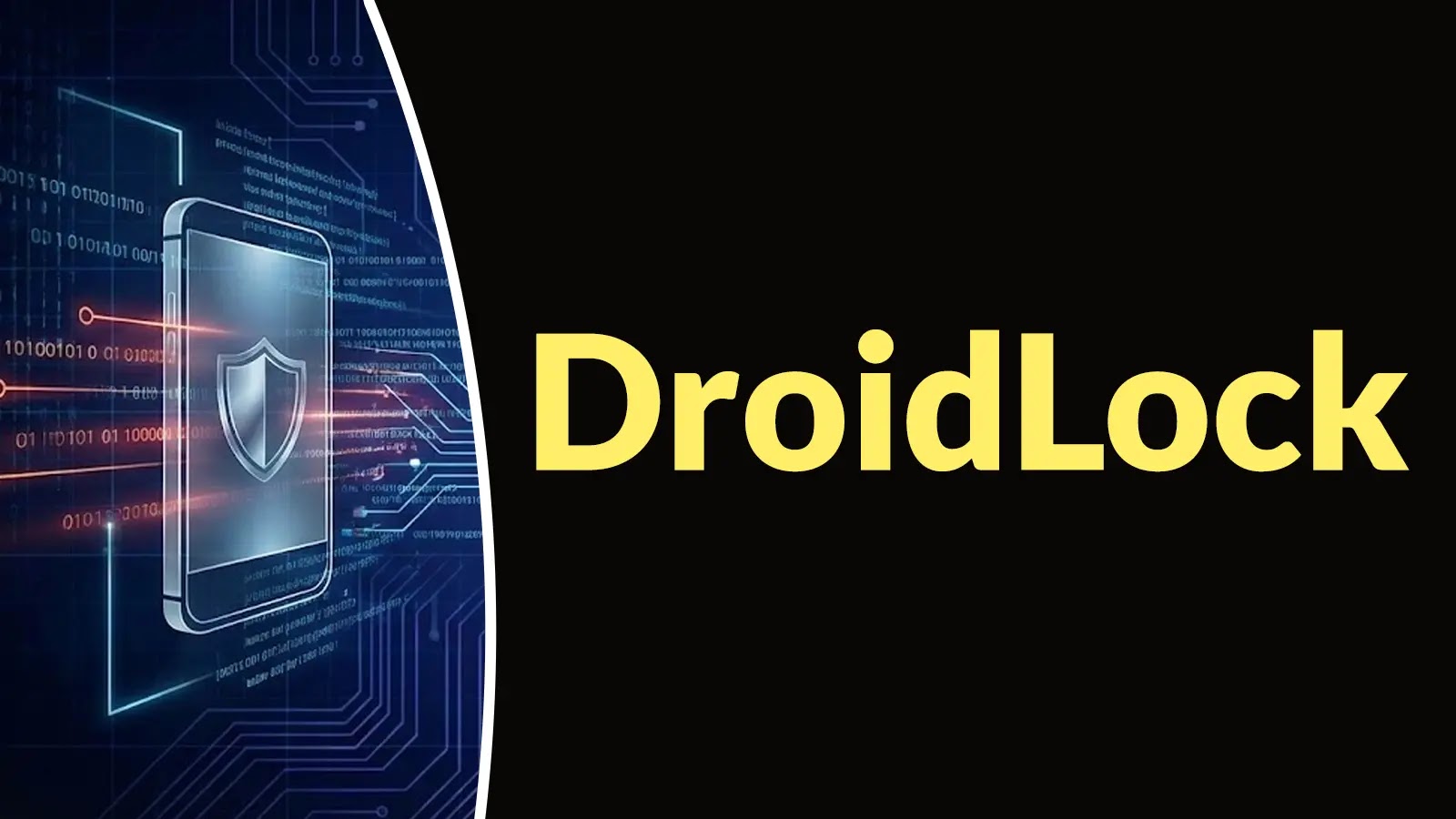In a recent and sophisticated supply chain attack, cybercriminals have targeted cryptocurrency developers by introducing malicious Rust crates into the ecosystem. These fraudulent packages, named `faster_log` and `async_println`, impersonate the legitimate `fast_log` logging library to steal private keys associated with Solana and Ethereum wallets.
Discovery and Distribution
The malicious crates were published on May 25, 2025, under the aliases `rustguruman` and `dumbnbased`. Before their discovery, these packages accumulated a combined total of 8,424 downloads, indicating a significant potential impact on the developer community. By maintaining functional logging capabilities, the malicious crates were able to evade detection while secretly harvesting sensitive cryptocurrency credentials from developers’ source code and project files.
Impersonation Tactics
To enhance their credibility, the attackers employed typosquatting techniques. They copied the original `fast_log`’s README documentation and repository metadata, creating convincing imposters that could easily pass casual review processes. This method exploits the trust developers place in package repositories, demonstrating how minimal code modifications can introduce significant security risks.
Technical Analysis
Analysts at Socket.dev identified the malicious packages during routine threat monitoring. Their investigation revealed sophisticated credential theft mechanisms embedded within the crates. Both `faster_log` and `async_println` implemented identical exfiltration workflows, scanning for specific patterns indicative of cryptocurrency private keys.
The scanning engine, implemented in Rust, recursively processes project directories, utilizing regular expressions to identify cryptocurrency-related secrets embedded in source files. The targeted patterns include:
– Ethereum Private Keys: 64-character hexadecimal strings prefixed with ‘0x’.
– Solana Addresses and Keys: Base58-encoded strings ranging from 32 to 44 characters.
– Bracketed Byte Arrays: Formats like `[0x12, 0xAB, …]` or `[1,2,…]` that could contain raw key bytes or embedded seed phrases.
Upon detecting any matching patterns, the malware immediately transmits the stolen credentials to a hardcoded command and control endpoint hosted at `mainnet.solana-rpc-pool.workers.dev`. This endpoint is cleverly disguised to resemble legitimate Solana RPC infrastructure, further obfuscating the malicious activity.
Implications for Developers
This attack underscores the critical importance of vigilance when integrating third-party packages into development projects. The threat actors maintained the original logging functionality while embedding their credential harvesting routines, ensuring the packages would function as expected during initial testing and integration phases. This approach allowed the malicious code to operate undetected within development environments and continuous integration pipelines.
Recommendations
To mitigate such risks, developers are advised to:
1. Verify Package Authenticity: Always cross-reference package names and authors with official sources. Be cautious of packages with names similar to popular libraries.
2. Review Code Thoroughly: Before integrating new packages, conduct a comprehensive review of the codebase to identify any anomalies or malicious code.
3. Monitor Dependencies: Regularly update and monitor dependencies for any reported vulnerabilities or suspicious activities.
4. Implement Security Tools: Utilize security tools that can detect and alert on potential supply chain attacks or malicious code within dependencies.
By adopting these practices, developers can enhance the security of their projects and protect sensitive information from malicious actors.



